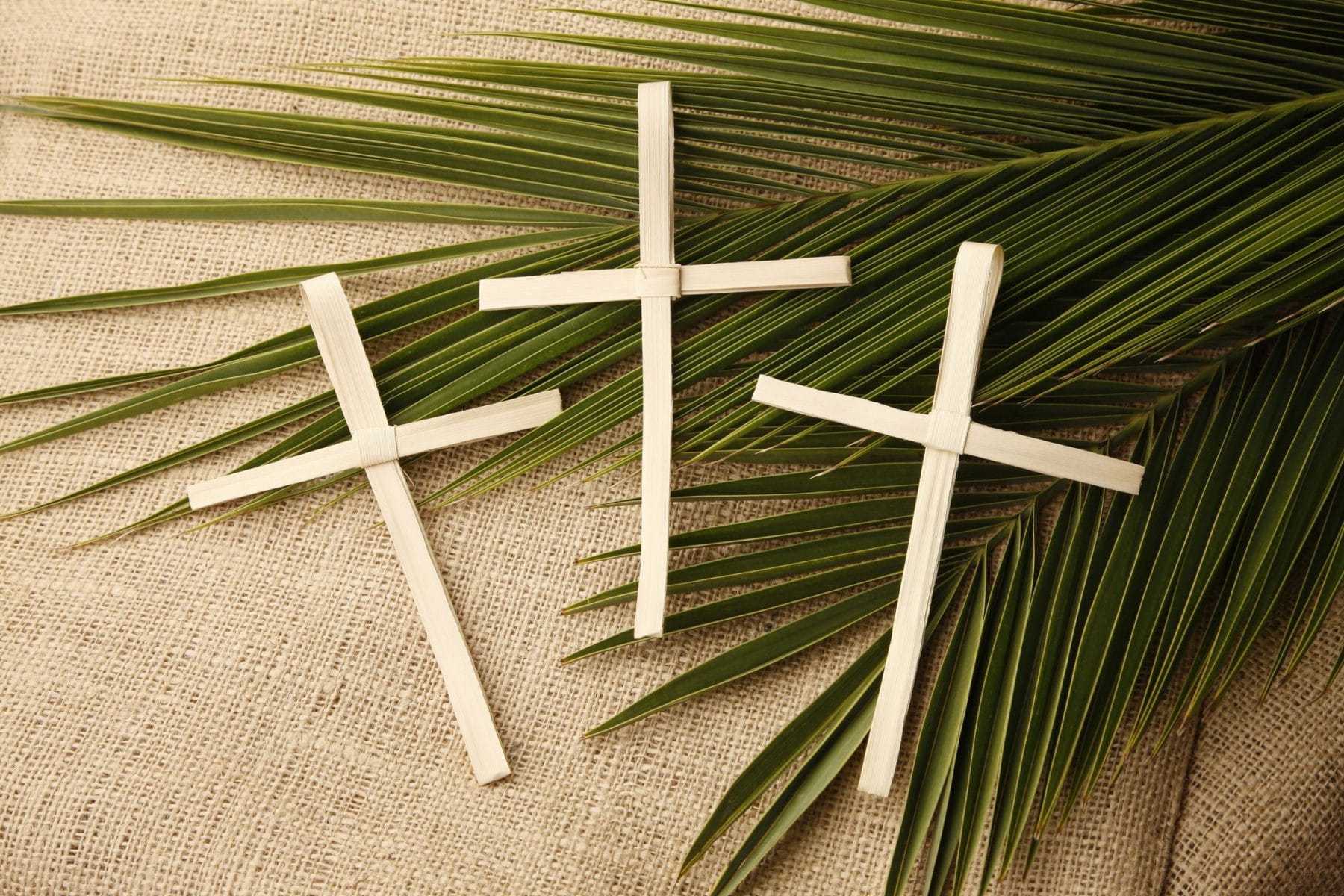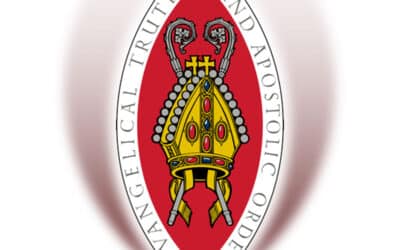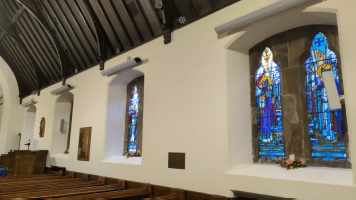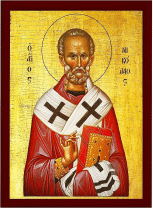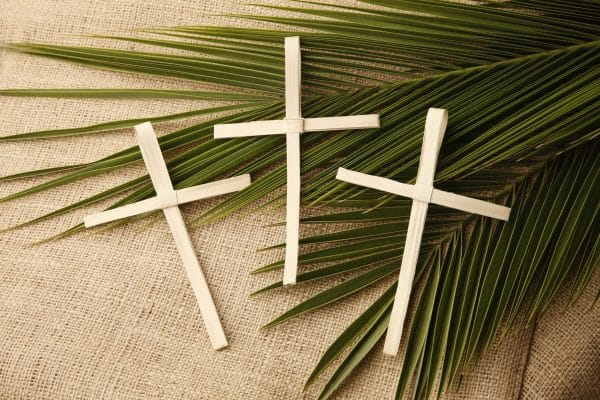
COLLECT OF THE DAY
Almighty and everliving God, in tender love for all our human race you sent your Son our Saviour Jesus Christ to take our flesh and suffer death upon a cruel cross. May we follow the example of his great humility and share in the glory of his resurrection; through Jesus Christ our Lord, who is alive and reigns with you and the Holy Spirit, one God, now and for ever. Amen.
GOSPEL OF THE DAY
Matthew 21: 1 – 11
When they had come near Jerusalem and had reached Bethphage, at the Mount of Olives, Jesus sent two disciples, saying to them, ‘Go into the village ahead of you, and immediately you will find a donkey tied, and a colt with her; untie them and bring them to me. If anyone says anything to you, just say this, “The Lord needs them.” And he will send them immediately.’ This took place to fulfil what had been spoken through the prophet, saying, ‘Tell the daughter of Zion, look, your king is coming to you, humble, and mounted on a donkey, and on a colt, the foal of a donkey.’ The disciples went and did as Jesus had directed them; they brought the donkey and the colt, and put their cloaks on them, and he sat on them. A very large crowd spread their cloaks on the road, and others cut branches from the trees and spread them on the road. The crowds that went ahead of him and that followed were shouting, ‘Hosanna to the Son of David! Blessed is the one who comes in the name of the Lord! Hosanna in the highest heaven!’ When he entered Jerusalem, the whole city was in turmoil, asking, ‘Who is this?’ The crowds were saying, ‘This is the prophet Jesus from Nazareth in Galilee.’
REFLECTION
If we think about it, Jesus could have come into Jerusalem in whatever way he chose. He could have come into Jerusalem on a magnificent 17 hands high horse. A prancing charger with arched neck, flowing main, dancing hoofs, flaring nostrils and honed muscles. The saddle under him could have been trimmed in gold, and he could have been wearing head to toe armour and a dazzling crown. I suppose Jesus could have sent ambassadors ahead of him with the news of his arrival so that the Roman leaders and the Temple leaders could have been waiting for him—lining the street and singing patriotic or religious songs. They could have presented him with the keys of the city, or read out a lofty proclamation naming the day in his honour as “Jesus Day”. Jesus could definitely have come into Jerusalem in a way that made more of a statement, more of a bang!
But he didn’t. He came into the Holy City in a way that was almost ridiculous, on a donkey, a version of the equine species so memorably described by G K Chesterton as “with monstrous head and sickening cry and ears like errant wings, the Devil’s walking parody on all four-footed things”. At the end of his risible ride there was no prestigious reception from the powers that be. The only folk who did recognised him where the poor, along with the outcasts, the rejects and the social lepers of the day too – all the people he had given new meaning to in his life and ministry. They recognised him, but they didn’t have the ticker tape and the banners of the wealthy and powerful to wave for him, so they waved what they had to hand—branches ripped from the palm trees that lined the streets and their tatty clothes, to stop the dust from rising and to show that, somehow, inexplicably, they, at least, knew he was important; they, at least, knew he was God.
Humble as his entrance was, though, it still made the men in authority nervous. Looking on from a distance, with furrowed brows and dark, plotting eyes, they were deeply troubled by this man, with his dishevelled crowd of admirers and disciples, his motley crew of followers. They were worried that he would come and upset the order of things in the city; that he would try to overturn the way they liked things to work in the government and in the Temple. They feared that the message he was going around preaching was giving the common people ideas above their station. They were terrified of the power of God that he seemed to embody in his very being.
So they did what powerful people always do in such situations when they are threatened, fearful and tense. They killed him. They got rid of him. They put him to the most horrible and unjust of deaths.
Yes, Jesus could have come into Jerusalem in a very different way, but he didn’t.
And that is how salvation comes to us too. It comes in ways that we least expect. God comes in ways that we least expect. The message of Palm Sunday is – don’t look for God in the towers of the world, in the cathedrals of the world, in the power houses of the world. God is not to be found where the establishment rules, where tradition dictates, where power corrupts and dehumanisation pertains. Look instead for God among the grit and the muck of life; look for God where there is palpable need; look for God where there is a surprise to be had; look for God where there is love and compassion, service and self sacrifice; look for God where the opportunity and the desire for real transformation, real change, real salvation is the greatest. And there you will find God.
As the rest of Holy Week unfolds, I invite you to join Jesus’ little band of followers in your prayers and meditations and to walk beside them as together we accompany our Lord into Jerusalem and beyond. On that journey may we discover afresh the kind of God he is, the kind of salvation he brings, the kind of world his upside kingdom offers. Amen.
The Revd Canon Drew Sheridan
Palm Sunday 2020
